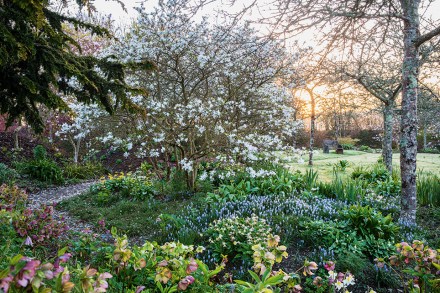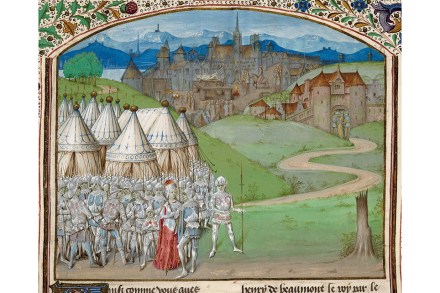A choice of gardening books for Christmas
Do you ever think about the ground beneath your feet? I do. Having read a number of popular science books on this most precious of natural resources, I am now obsessed. So much has recently been discovered about the invaluable symbiotic relationships that form between microbes, fungi and plant roots in the soil that it




















